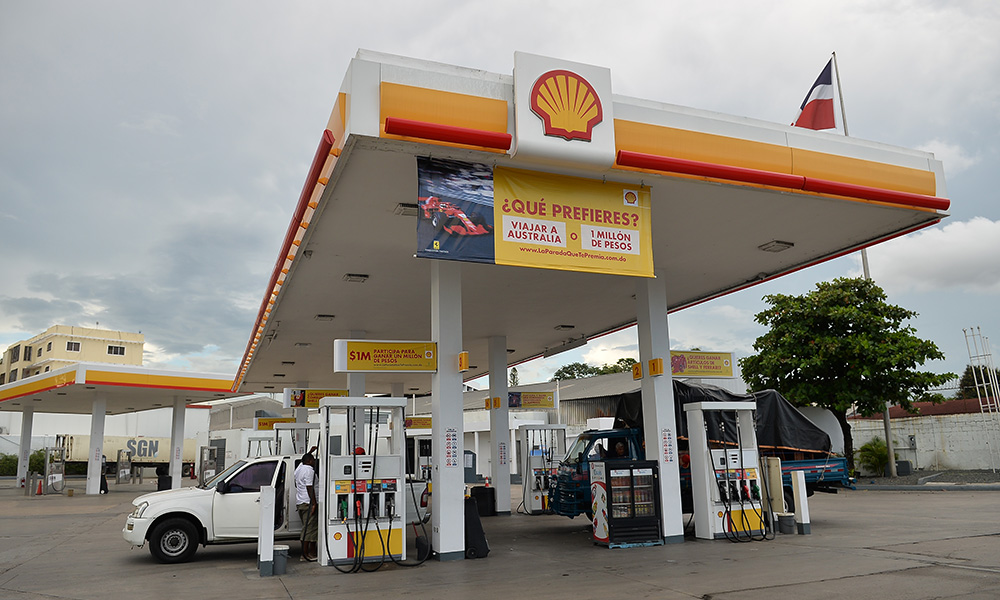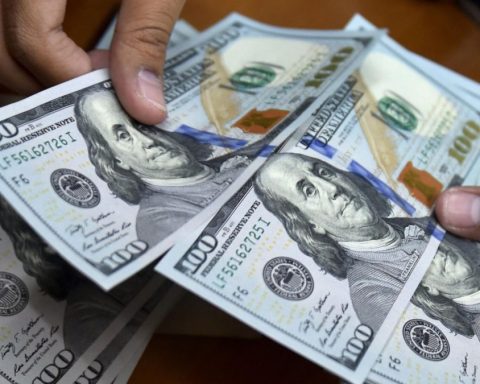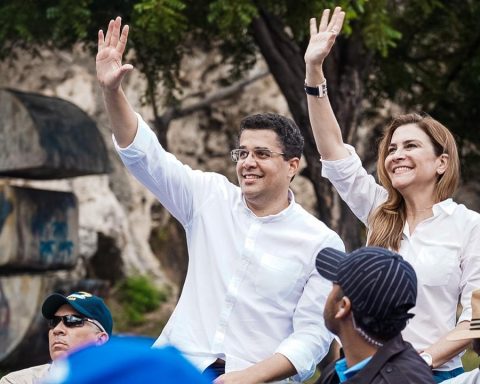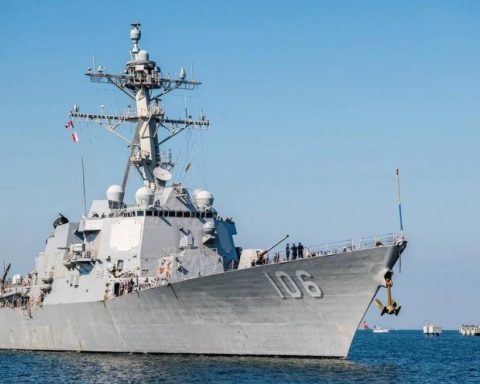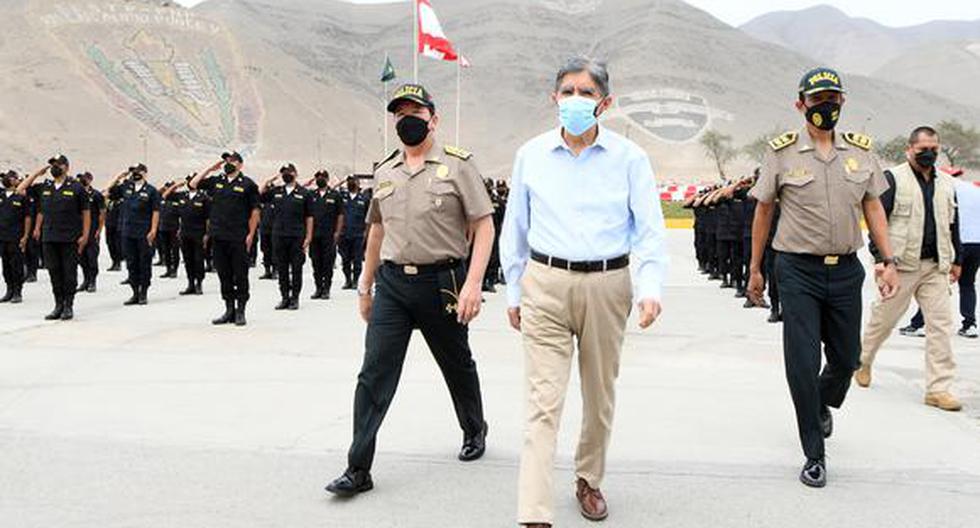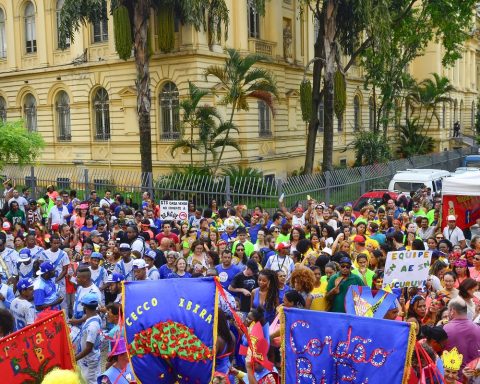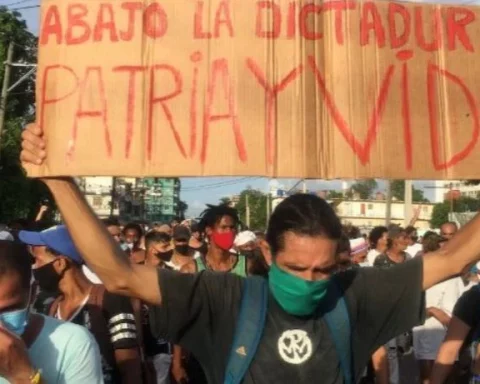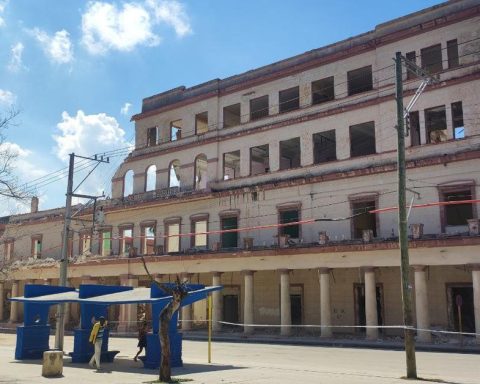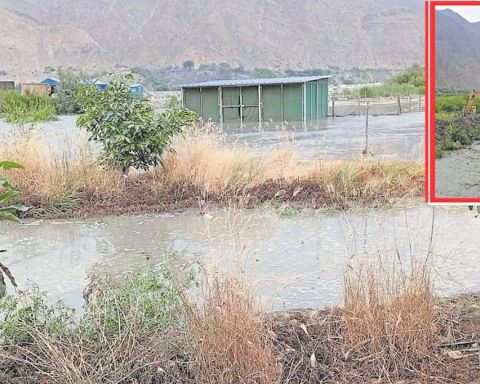The Government assumed a debt of RD$400 million with fuel importers, to assimilate 100% of the increase in oil derivatives produced by the increases in the price of crude oil that occurred during the week.
“In an exceptional and responsible manner, given the global political and economic moment, the Government assumes 100% of the increases determined by the international market, thereby having to pay a debt of 400 million pesos with fuel importers to avoid citizens are hit with dramatic increases”, explained Ramón Pérez Fermín, Vice Minister of Internal Trade of the MICM.
In addition, he referred that West Texas Intermediate (WTI) crude has accumulated an increase of 19% so far this year and this week the barrel was quoted, on average, at US$85.55, a record figure, which had not been registered since October. from 2014.
what you avoided
The Government’s decision will prevent increases of RD$13.13 in the price of a gallon of liquefied petroleum gas (LPG); RD$10.07 for premium gasoline; RD$16.86 in regular gasoline; RD$30.06 for regular diesel and RD$18.08 for optimal diesel, among other products. With the decision of the Government applied through the Ministry of Industry, Commerce and Mipymes, premium gasoline will be sold at RD$283.60 and not at RD$293.60 as the market dictated; regular gasoline will be sold for RD$266.50, and not RD$283.36. Regular diesel will be sold at RD$212.60 per gallon, and not at RD$242.66 as the market dictated; while the optimal gasoil will be sold at RD$233.10, and not at RD$251.18. In the case of liquefied petroleum gas (LPG), it will be sold at RD$146.60, and not at RD$159.73 as the market dictated.
Impact of the geopolitical crisis
The NICM explained that the geopolitical crisis, which has been in Ukraine for several weeks, is the main issue in the international context that puts pressure on the increase in the price of crude oil, added to the lack of supply of products in the world market. These factors have weighed more on the price of the barrel than the fact that the omicron variant of COVID-19 has a low lethality, for which it is projected that world demand will continue its course.
Additionally, OPEC + announced that it will continue with the increase in production of 400 thousand barrels per day each month, from February to September of this year.
Yesterday, the price of Texas Intermediate Oil (WTI) closed in New York with a rise of 0.2%, to 86.82 dollars, while in the week as a whole it revalued 2%. According to data at the end of operations on the New York Mercantile Exchange (Nymex), WTI futures contracts for delivery in March added 0.21 dollars compared to the close of the previous session.
The MICM, through its Directorate of Hydrocarbons, used to make the calculations that the fuels should have, but that the Government assumed the increases by 100%, they used an exchange rate of RD$57.93 per dollar, taken from the daily publications of the Bank. Central.
For the week from Saturday, January 29 to Friday, February 4, 2022, the MICM provides that fuels be marketed at the following prices. Premium and regular gasoline continue at RD$283.60 and RD$266.50, respectively, while diesel continues at RD$233.10 and RD$212.60. the optimal and regular, respectively.
LPG remains at RD$146.60 per gallon
Liquefied petroleum gas (LPG) will maintain its price at RD$146.60, avtur and kerosene, which are the two fuels used in aviation, will continue at RD$194.38 for the first and RD$223.60 for the second. As for the two fuels used in boilers and generation plants, fuel oil #6 remains at RD$158.95 and fuel oil 1% S continues at RD$176.29. Natural gas, which does not depend on oil, remained at RD$28.97 per cubic meter.
